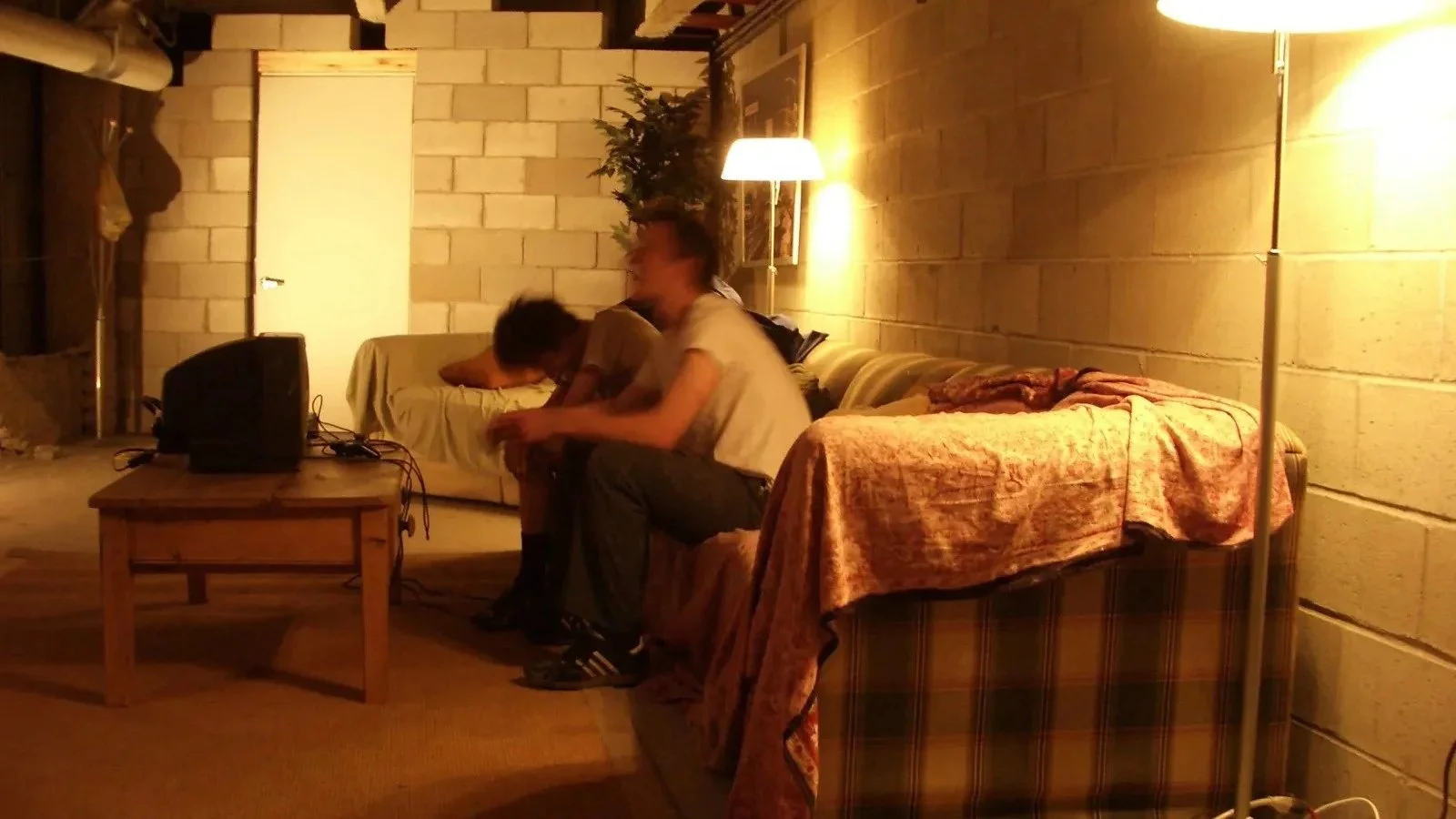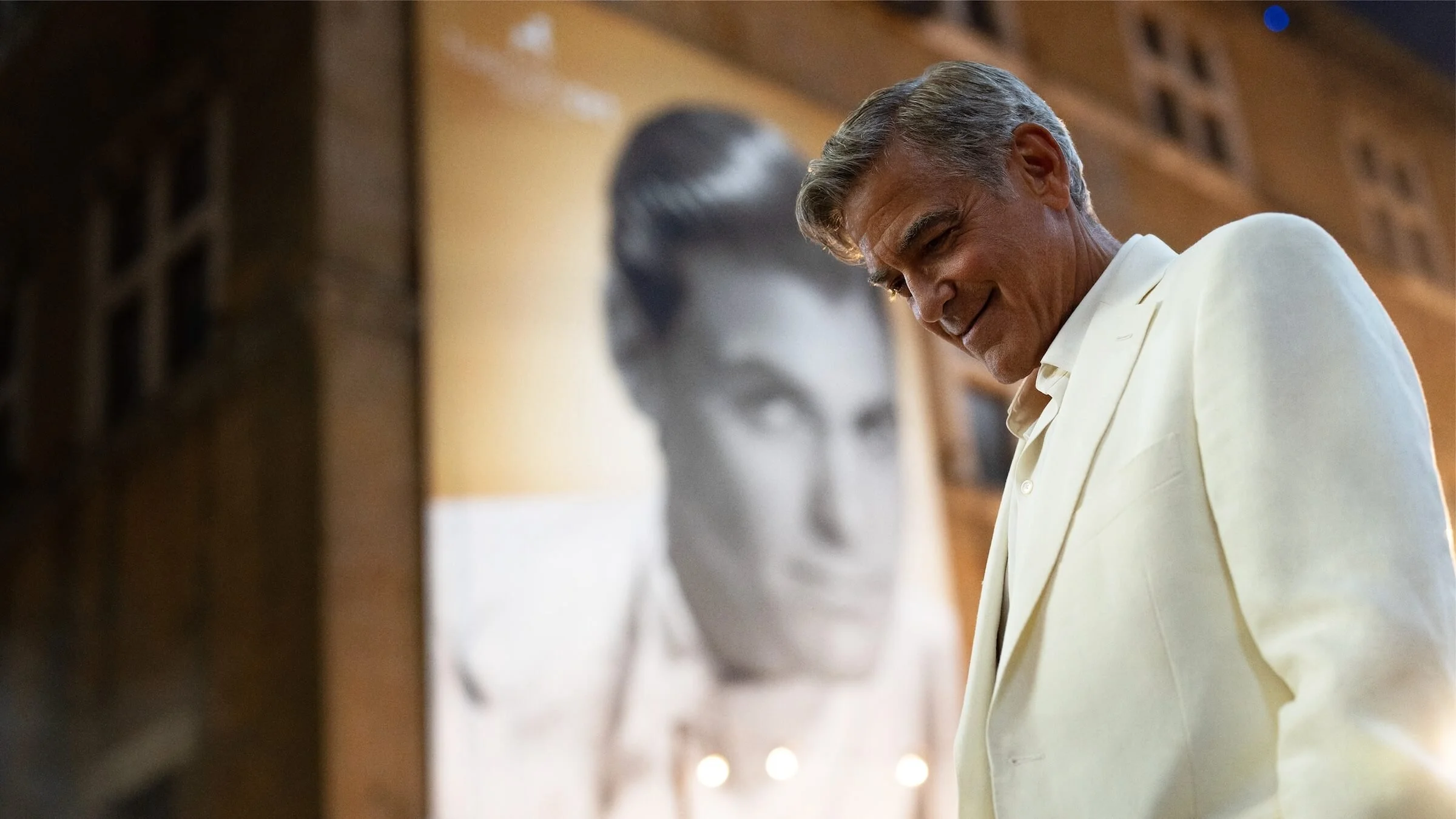Review: The Father (2020)
Florian Zeller’s The Father puts the viewer into the headspace of a man suffering from dementia. The man is Anthony Hopkins’ elderly engineer, Anthony, living with his daughter Anne (Olivia Colman) in a gorgeous London flat. Anthony is clearly an accomplished and intelligent man, prone to lecturing those around him on his wit and vigour and often provoking genuine laughter and charmed responses. But as becomes abundantly clear shortly into the film, Anthony is not as vigorous as he thinks. He has dementia, although the nature of the disease is that he doesn’t quite realize that he does. His mind shifts between past and present. His experience is that of a coherent nightmare, with faces becoming instantly unfamiliar and the context of what he’s doing a moment ago slipping away from him like grains of sand. The brilliant conceit of The Father is to present Anthony’s experience of dementia from the inside out. The result is a discombobulating work of art that is as claustrophobic as it is emotional.
Based on the plot description and marketing materials, The Father seems similar to past weepies such as Away From Her (2006), The Notebook (2004), and Still Alice (2014), which are not bad films, but use dementia as a narrative source of conflict and empathy. But working from his own stage play and collaborating with writer Christopher Hampton, Zeller has made a much more challenging and experimental work that is still moving, but not sentimental. The film reconfigures the limbo of an empty stage for the screen, using the London flat as its fixed set and the freedom of editing to shift and bend the space to Anthony’s mental contortions. The opening moments make clear the geography of the space, just as it makes clear Anthony’s superficial vigour. But as we notice Anthony grow confused and forgetful, the flat begins to shift. Doorways on the left seem to be on the right now; a painting appears and disappears; the kitchen doesn’t seem quite the same as it was minutes before.
Just as Zeller warps the geographic space of Anthony’s London flat, he jumbles the chronology of scenes. At moments, we find ourselves as baffled as Anthony, such as when a man (Mark Gatiss) neither he nor we recognize leans back in an armchair and reads a paper, seeming at home in Anthony’s flat. We learn he’s Anne’s husband as he explains this fact to Anthony, but the confusion grows when Anne comes home and she’s no longer played by Olivia Colman, but Olivia Williams. Anthony does not recognize his daughter, but doesn’t let this on, and we’re as confused as he is, wondering whether we’ve secretly been watching an episode of The Twilight Zone or an elaborate ruse like Martin Scorsese’s Shutter Island (2010). But such a reveal would be a welcome answer to the confusion of dementia.
No, this is simply Anthony’s reality and we’re along for the ride with him, feeling increasingly claustrophobic and agitated as the film progresses. We’re constantly denied context just as he is, which leads him to grow irritated and argumentative. But unlike in other films about dementia where sympathy at such an agitation would lie with the family members, here we are aligned with Anthony and sympathetic with him. We’ve experienced what he has and there’s been no adequate information given, so we understand his anger and hurt and annoyances at the petty smiles of Anne’s husband, whether played by Gatiss or Rufus Sewell, who replaces Gatiss shortly after his initial appearance.
Key to the entire approach is Hopkins, who gives one of his best performances. The charming, dignified Welshman best known for his Oscar-winning portrayal of Hannibal Lecter is brilliant casting as a man whose mind fails him. Because it’s Hopkins, we assume Anthony to be intelligent and in complete control of himself and others—what else defines his performance as Lecter other than an absolute calm authority over every word and action? Thus, Hopkins’ presence fills Anthony with characteristics that play counter to what we then experience, creating a dramatic tension that is captivating.
As the film progresses and Anthony’s degradation grows more clear, characteristics that previously implied dignity for Hopkins, such as his blue eyes and puckish charm, now seem like sad reminders of his frailty: his eyes cloudy, unable to find an answer in what he sees, his humour an attempt to distract from his obvious confusion and regain control of a situation that confounds him. It’s a brilliant performance in a film that is surprisingly robust. The success of The Father lies with Hopkins, as every scene hinges on his talent and skill, but Zeller’s experimentations in presentation and narrative create the perspective that is necessary for the entire approach to work as well as it does.
The Father is not a pleasant experience and there is almost a cruel streak to the film’s commitment to its conceit. I did not find it enjoyable to watch in the ordinary definition of the term and you have to wonder whether there is a limit to its torture of Anthony and, by extension, the viewer. But not unlike David Cronenberg’s Spider (2002), which similarly depicts a mental ailment from the inside out (in that case, schizophrenia), The Father is as much a success of storytelling as of eliciting human compassion. It doesn’t rely on our inherent sympathy for those suffering from dementia to make us invested in the material; it brings us intimately into the experience and lets us feel the horror for ourselves. Thus, when we feel our heart swell, it’s due to recognizing our common humanity with Anthony and not our pity at its seeming absence in a sad and confused man. It reminds us that those that suffer are as human as we are, and that we may suffer their same fate.
8 out of 10
The Father (France/UK)
Directed by Florian Zeller; written by Christopher Hampton and Florian Zeller, based on Zeller’s stage play; starring Anthony Hopkins, Olivia Colman, Mark Gatiss, Imogen Poots, Rufus Sewell, Olivia Williams.



Joe Carnahan’s cop thriller starring Matt Damon and Ben Affleck is an enjoyable whodunnit.